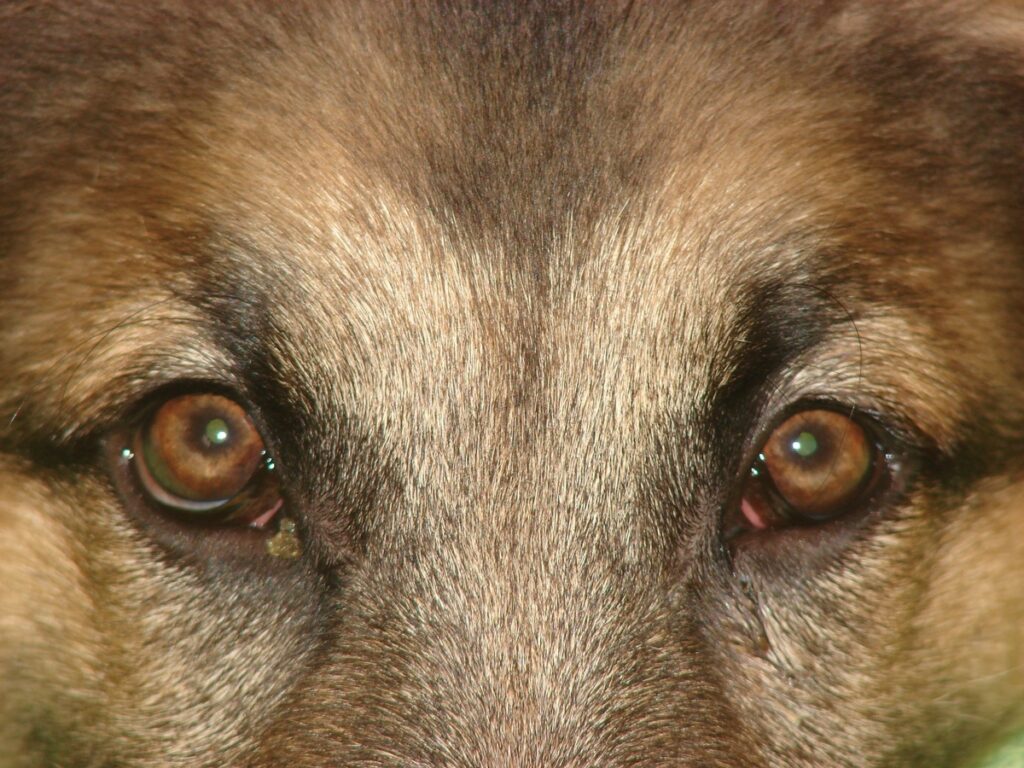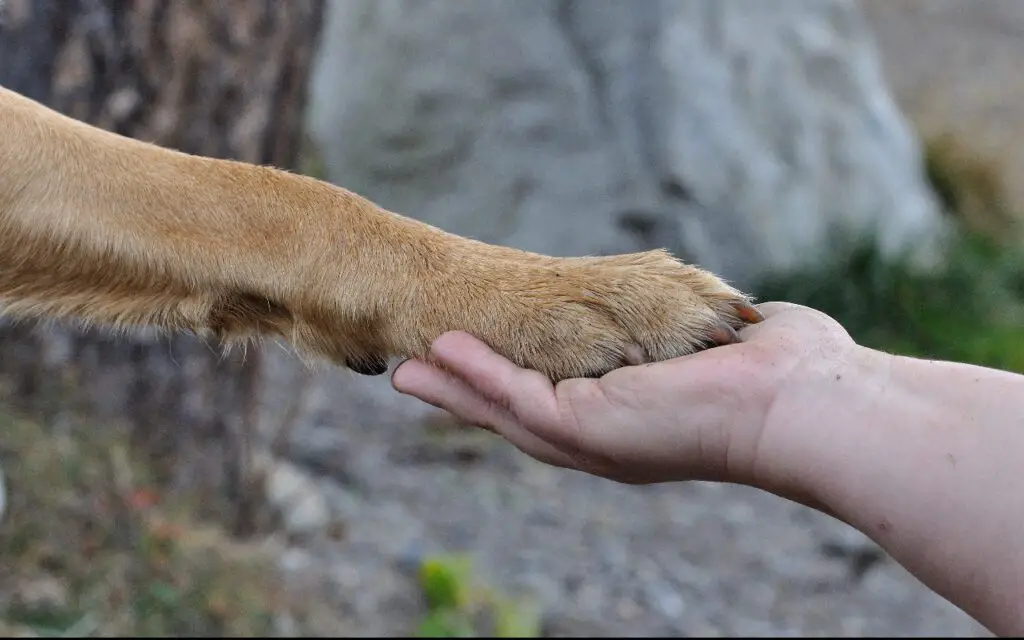Welcome to our comprehensive guide on caring for your beloved canine companion during their bout with kennel cough.
This common respiratory ailment can leave your furry friend feeling under the weather, but with the right knowledge and tender loving care, you can help nurse them back to health in no time.
Dive into our expert tips and advice on managing kennel cough, so you can be your dog’s hero and ensure a swift recovery for your four-legged family member.
Let’s embark on this healing journey together!
Key Takeaway
| Key Takeaway | How To Take Care of a Dog With Kennel Cough |
|---|---|
| Step 1: Consult a Veterinarian | Seek professional advice for proper diagnosis and treatment. Your vet may prescribe antibiotics, cough suppressants, or recommend supportive care. |
| Step 2: Provide a Comfortable Environment | Create a quiet, comfortable, and well-ventilated space for your dog to rest and recover. Minimize disturbances and stressors. |
| Step 3: Encourage Hydration | Ensure access to fresh water throughout the day. Add low-sodium chicken broth to entice them to drink more. |
| Step 4: Use a Humidifier | Place a humidifier in your dog’s resting area or let them spend time in a steamy bathroom to ease respiratory symptoms. |
| Step 5: Monitor Appetite and Nutrition | Keep an eye on your dog’s appetite and ensure they continue to eat a balanced diet. Offer smaller, more frequent meals and soften their food with warm water if needed. |
| Step 6: Avoid Irritants | Minimize exposure to potential irritants like cigarette smoke, dust, or harsh chemicals, which can worsen their cough. |
| Step 7: Isolate Your Dog | Keep your dog isolated from other dogs during the contagious period (10 to 20 days) to prevent the spread of infection. |
| Step 8: Monitor Progress and Follow-Up with Your Veterinarian | Regularly assess your dog’s condition, stay in touch with your vet, and follow all prescribed treatment plans. Contact your vet immediately if symptoms worsen or complications arise. Attend follow-up appointments as necessary. |
Can You Treat Kennel Cough at Home?

In mild cases of kennel cough, treatment at home may be possible. It’s important to keep your dog away from other animals while they are recovering and to practice good hygiene to prevent the spread of the virus.
Your veterinarian may recommend medications such as antibiotics or anti-inflammatories to help reduce symptoms and speed up recovery time. Additionally, you should make sure your pup is getting plenty of rest and drinking lots of water.
If your dog’s symptoms seem severe or don’t improve after a few days, it’s best to take them to the vet for an examination. Your veterinarian can provide more specific advice on how to treat your pet’s condition and will be able to determine if further medical intervention is necessary.
How To Take Care of a Dog With Kennel Cough

Here is how to take care of a dog with kennel cough:
Step 1: Consult a Veterinarian
If you suspect your dog has kennel cough, seek professional advice from a veterinarian for a proper diagnosis and treatment plan. Your vet may prescribe antibiotics, and cough suppressants, or recommend supportive care depending on the severity of the infection.
Step 2: Provide a Comfortable Environment
Ensure your dog has a quiet, comfortable, and well-ventilated area to rest during their recovery. Minimize disturbances and stressors to help strengthen their immune system.
Step 3: Encourage Hydration
Make sure your dog has access to fresh water throughout the day. Encourage them to drink regularly to prevent dehydration and soothe their throat. Adding low-sodium chicken broth to their water may entice them to drink more.
Step 4: Use a Humidifier
Place a humidifier in your dog’s resting area or let them spend time in a steamy bathroom to ease respiratory symptoms by adding moisture to the air.
Step 5: Monitor Appetite and Nutrition
Keep an eye on your dog’s appetite and ensure they continue to eat. Offer smaller, more frequent meals if necessary. Soften their food with warm water to make it easier for them to eat if they have a sore throat. A balanced diet is essential for a strong immune system.
Step 6: Avoid Irritants
Minimize your dog’s exposure to potential irritants, such as cigarette smoke, dust, or harsh chemicals, which can exacerbate their cough.
Step 7: Isolate Your Dog
Keep your dog isolated from other dogs during the contagious period (approximately 10 to 20 days) to prevent the spread of infection.
Step 8: Monitor Progress and Follow-Up with Your Veterinarian
Regularly assess your dog’s condition and keep in touch with your veterinarian. If their symptoms worsen or they show signs of complications, contact your vet immediately. Follow all prescribed treatment plans and attend follow-up appointments as necessary.
Does Kennel Cough Hurt Dogs?
Kennel cough can cause discomfort and irritation for dogs due to the persistent coughing and inflammation of their respiratory tract.
While it’s usually a mild and self-limiting illness, it can be distressing for your pet as they experience symptoms like a dry, hacking cough, sneezing, runny nose, and sometimes gagging or retching.
What is The Best Thing To Do For a Dog With Kennel Cough?
The best thing to do for a dog with kennel cough is to take it to the vet. The veterinarian can assess the situation and determine what treatment will be most effective in helping your pet recover.
Depending on the severity of the case, they may recommend antibiotics, rest, or other treatments.
Additionally, some vets can offer advice on home care such as ensuring your dog gets plenty of fresh air, keeping its environment clean and free from irritants, and offering soft food that is easy to digest.
It’s also important to keep your pet away from other animals who may be infected with kennel cough until it has recovered completely.
Can The Kennel Cough Go Away in 3 Days?
It is unlikely for the kennel cough to go away in just 3 days. Kennel cough typically lasts between 1 and 3 weeks, depending on the severity of the infection and the dog’s overall health. In some cases, it may take even longer for the symptoms to completely subside.
However, with proper care and treatment, you might see an improvement in your dog’s condition within a few days. It’s essential to follow your veterinarian’s recommendations and continue monitoring your dog’s progress throughout their recovery, even if they appear to be feeling better.
Keep in mind that kennel cough is contagious, so it’s crucial to isolate your dog from other dogs during the illness to prevent the spread of the infection.
Can I Walk My Dog With Kennel Cough?
No, it is not advisable to walk your dog while they have a kennel cough. Physical activity can exacerbate the symptoms of kennel cough, which is a highly contagious and air-borne respiratory infection.
It’s important to keep your dog away from other dogs and public spaces while they are coughing and for two to three weeks afterward. If you do take them out for a walk, it should be short and easy-going.
It’s also important to use a harness rather than a collar when walking a dog with kennel cough as this will reduce irritation of the tracheal area. A vaccination is available from your vet and can help prevent kennel cough in the future.
Overall, it’s best to avoid walking your dog if they have kennel cough as it can worsen their symptoms and spread the infection further.
Can I Leave My Dog Alone With Kennel Cough?
No, it is not advisable to leave your dog alone with kennel cough. Kennel cough is an infectious respiratory disease that affects dogs and can be highly contagious. The most common symptom of kennel cough is a persistent, honking, or goose-like cough.
Other symptoms may include runny nose, sneezing, lethargy, loss of appetite, and low fever. If left untreated, the infection can become more serious and lead to pneumonia or other complications.
It is important to take your dog to the vet if you suspect they have kennel cough. Your vet will be able to diagnose the condition and provide treatment options such as antibiotics or anti-inflammatory medications. In some cases, a vaccine may be recommended to prevent future infections.
In order to protect your pet from kennel cough and other illnesses, make sure they are up-to-date on their vaccinations and practice good hygiene when interacting with other dogs at parks or boarding facilities.
Additionally, try to limit contact with other animals that may be carrying the virus until your pet has recovered completely from their illness.
In Conclusion
Caring for a dog with kennel cough may seem daunting, but with patience, love, and the right approach, your furry friend can make a complete recovery.
By following our expert tips, you’ll not only help alleviate their symptoms but also prevent the spread of infection to other dogs.
Remember, your unwavering support and attentive care play a crucial role in your canine companion’s healing journey.
Together, you will overcome this hurdle and return to enjoying countless happy moments and tail-wagging adventures.





Leave a Reply